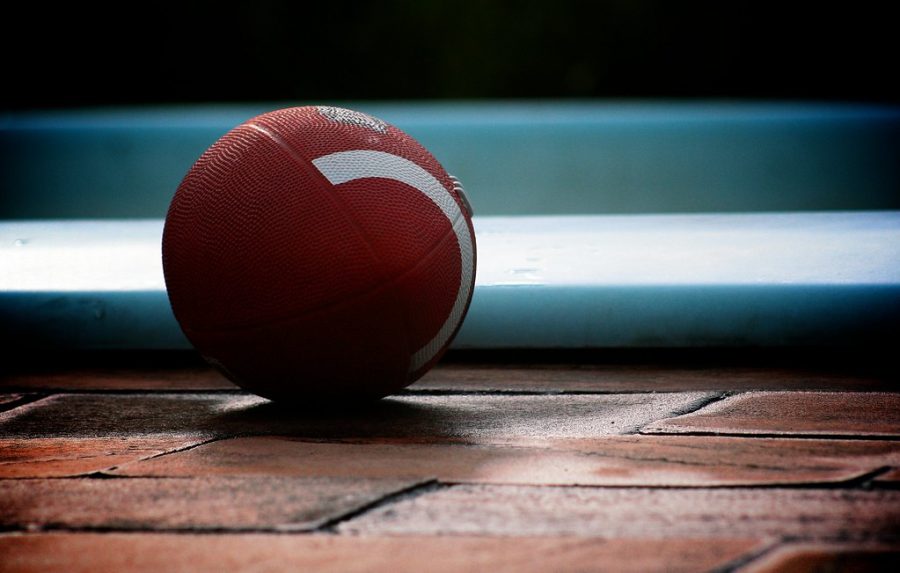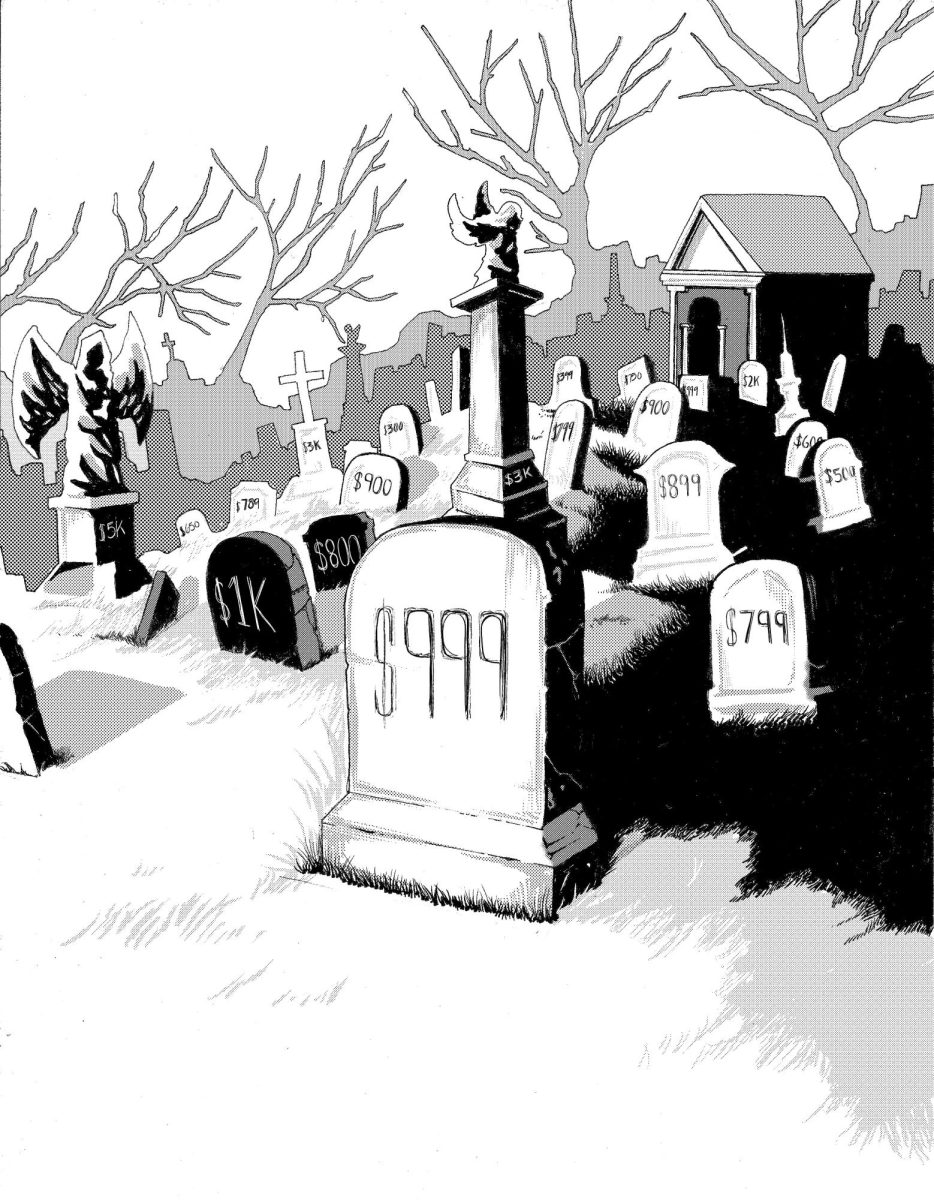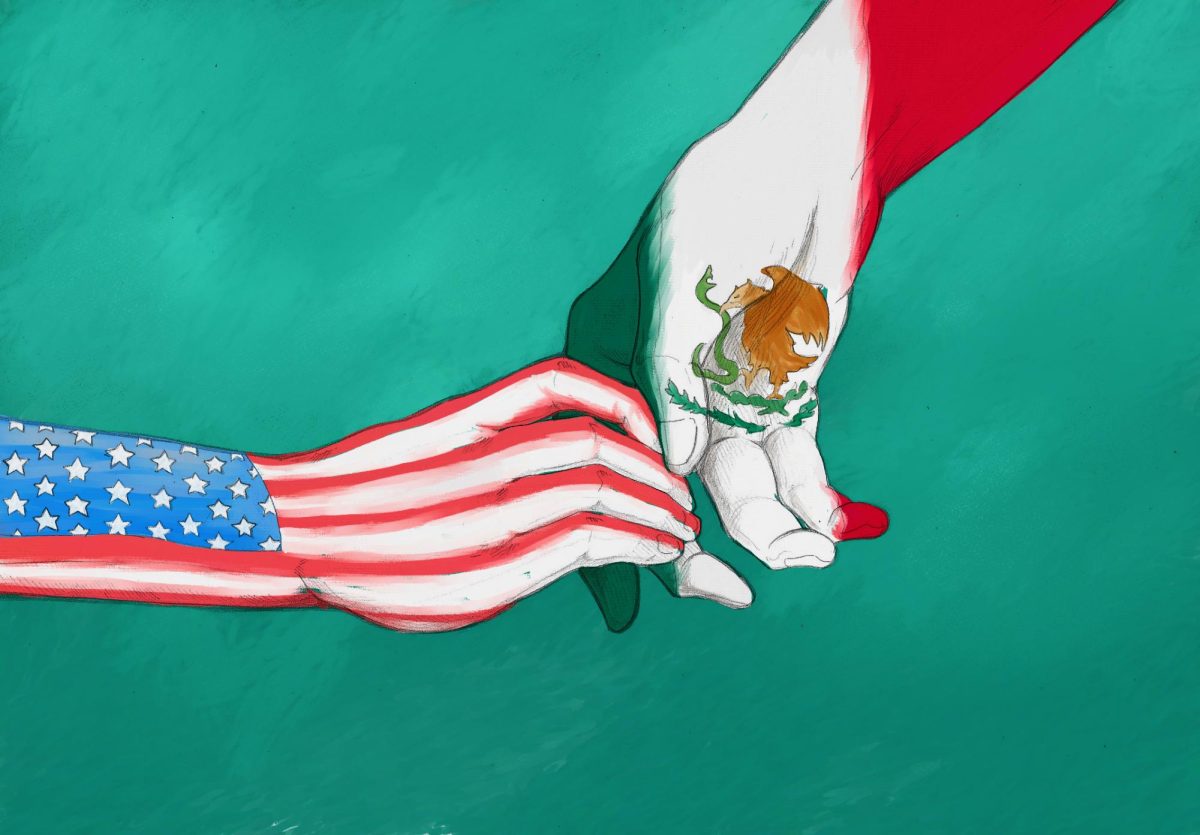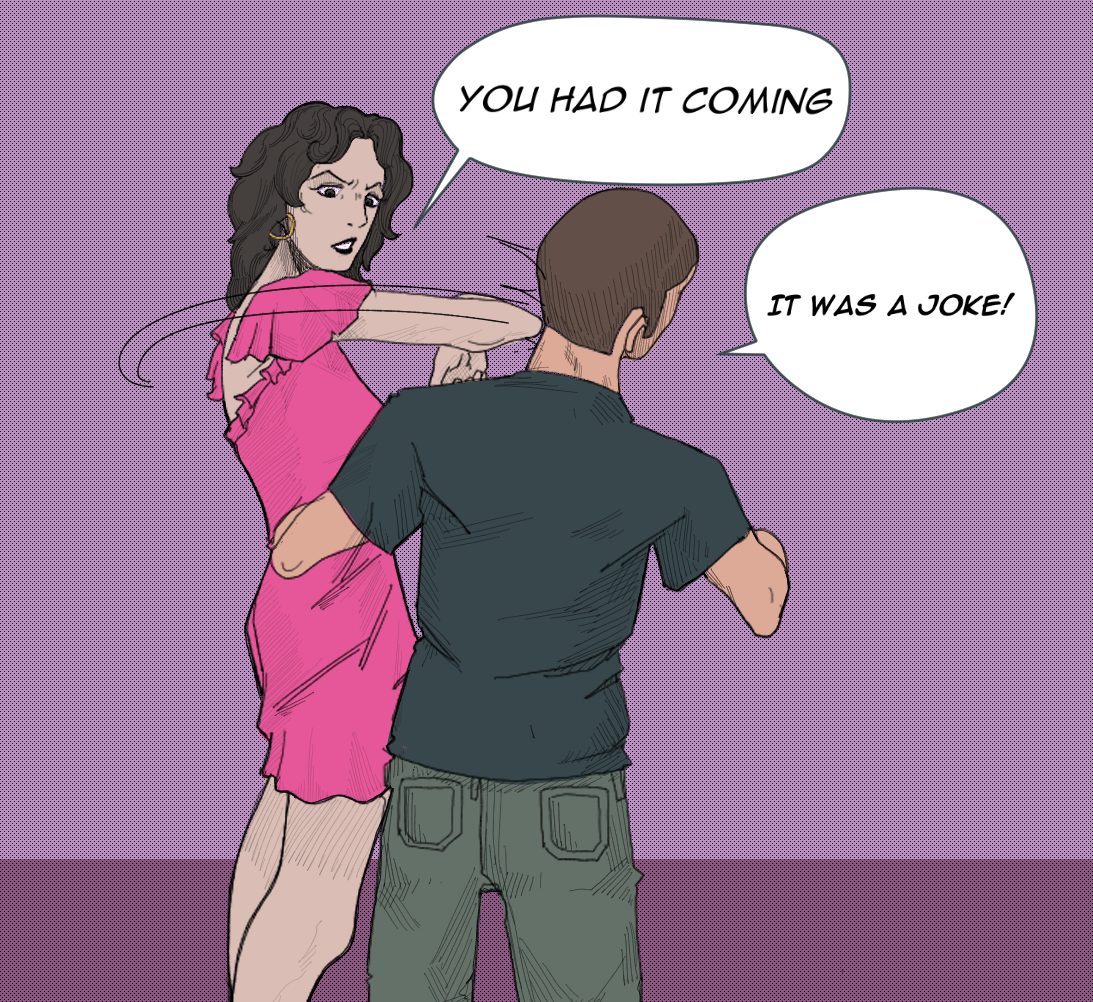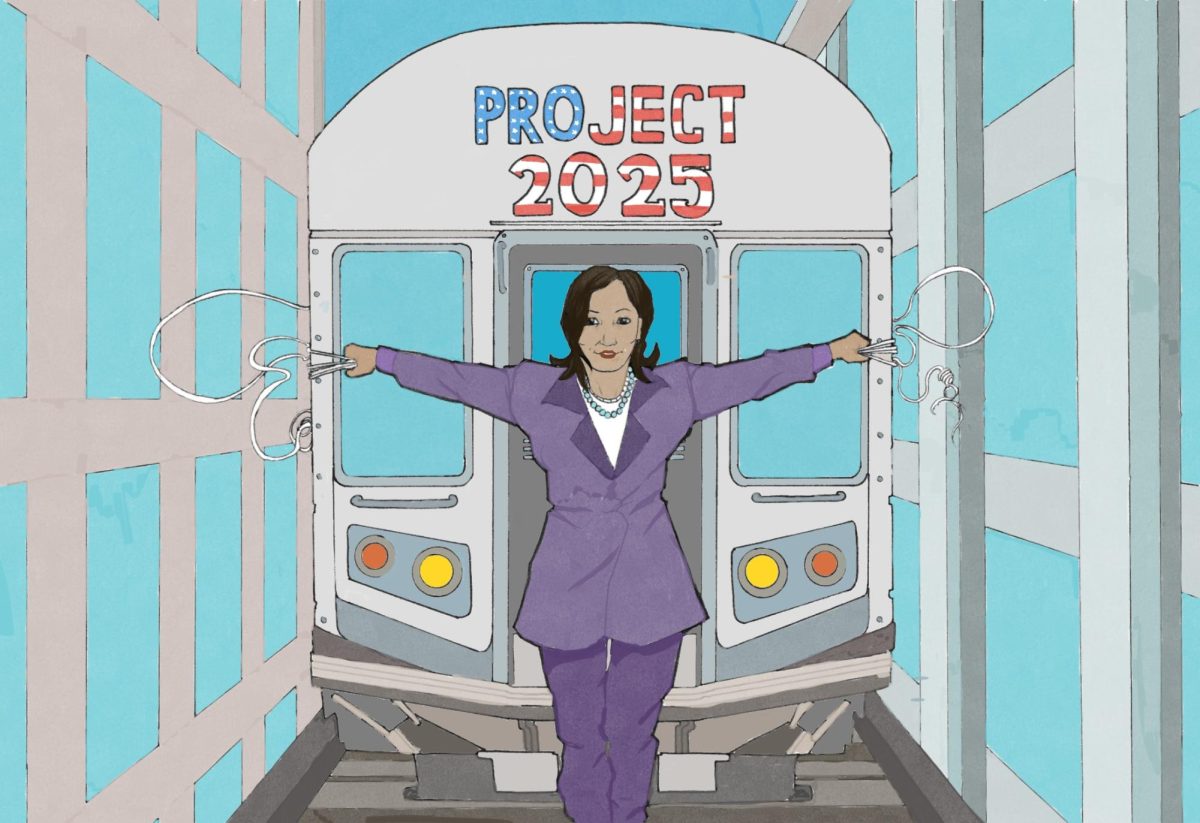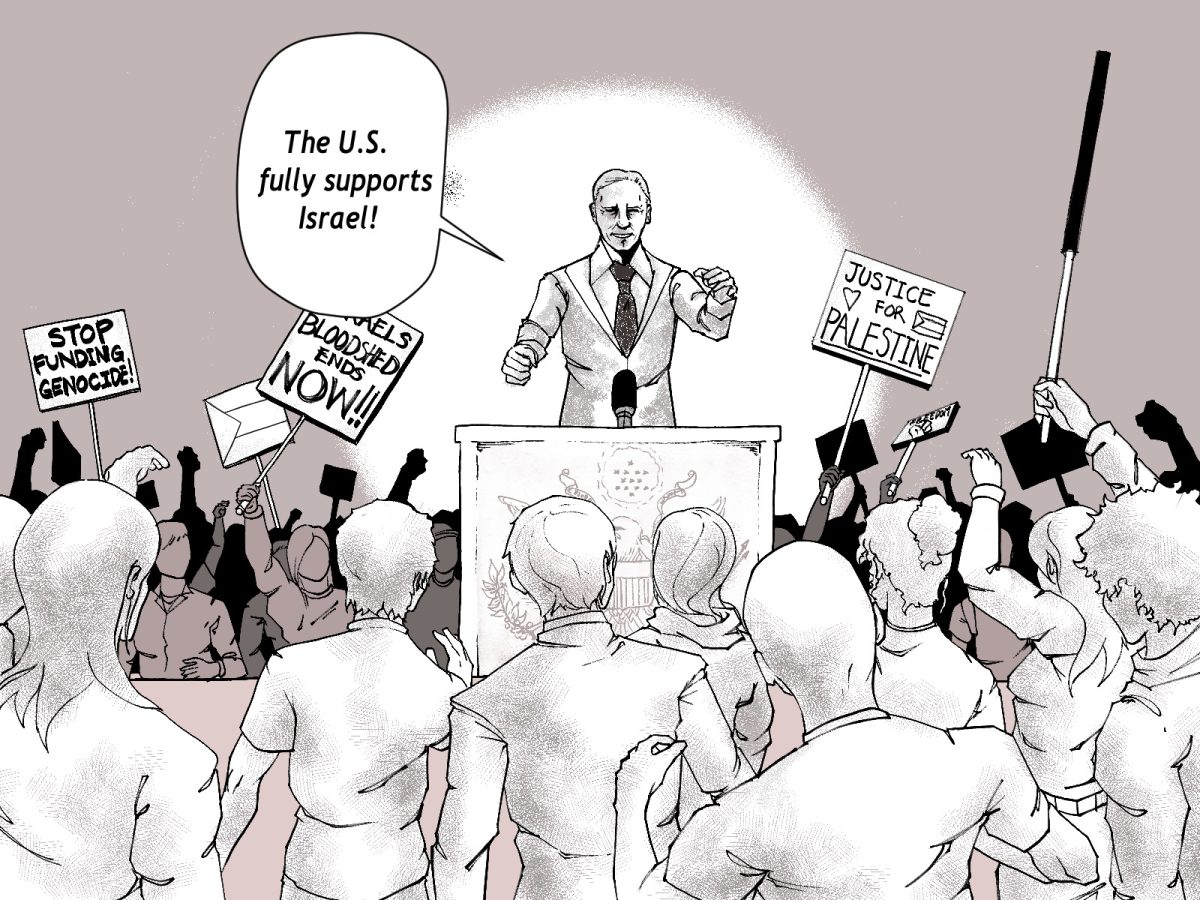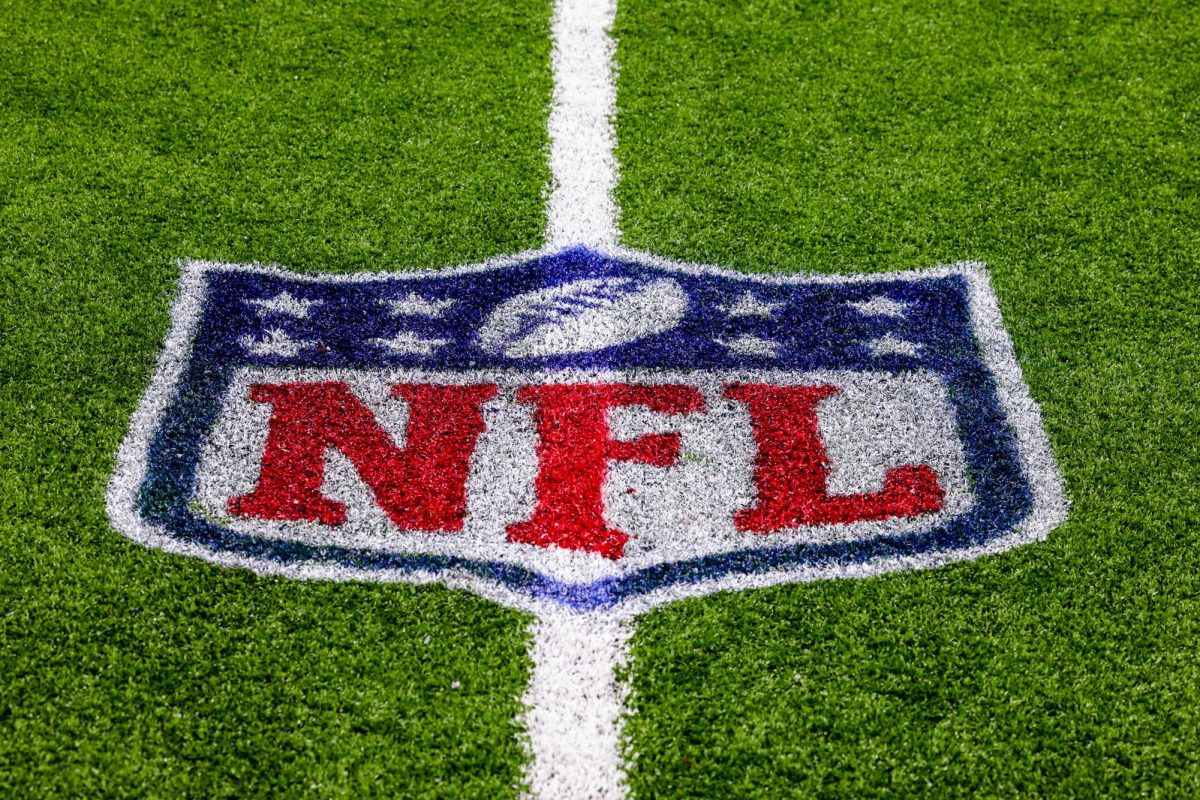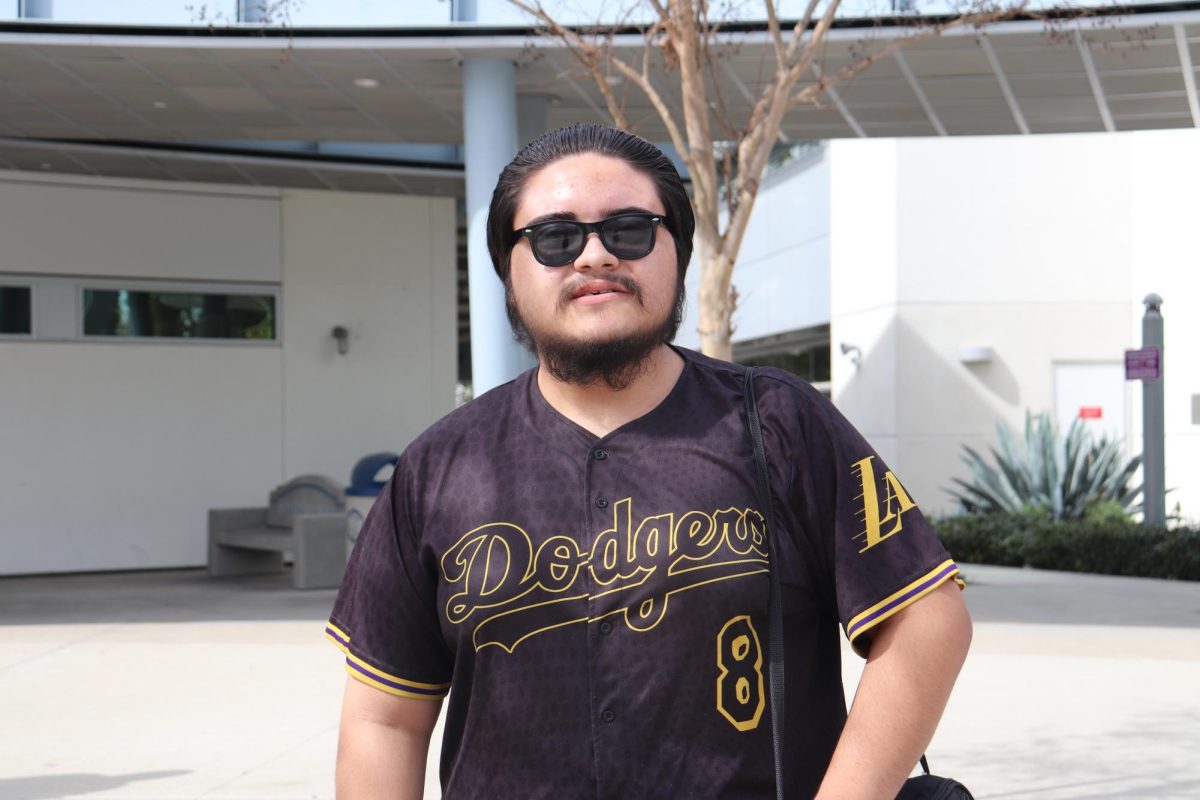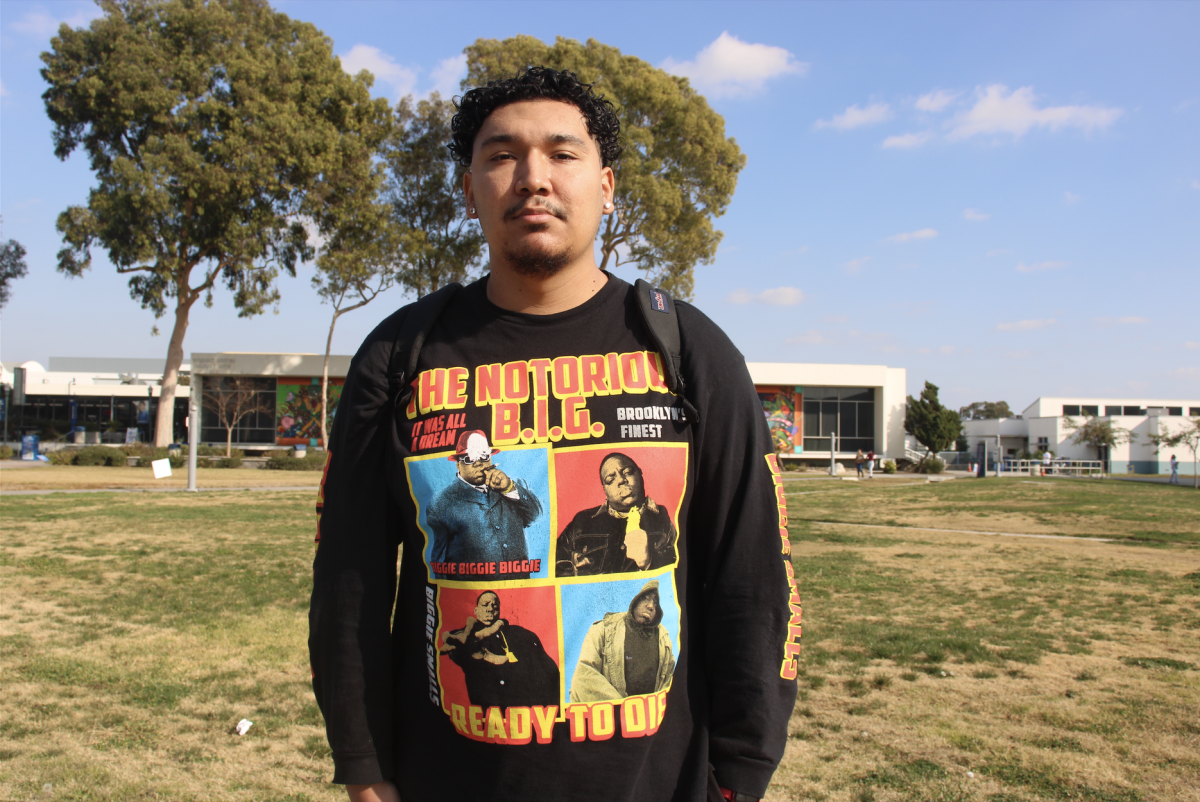The discrimination faced by Sonya Herrera’s daughter, E.H., at the hands of Christian Valley Academy as a female football player is an injustice that should be resolved by allowing E.H. and those in the future to play against male competition.
Initially, the Herreras had thought that the private Christian school wouldn’t have an issue playing against a girl until the school canceled the upcoming March match because of the E.H.’s sex.
Pastor Joel Mikkelson of Christian Valley claims that it is by the “authority of the Bible” that the Warriors refuse to play Cuyama Valley High School, a public school that does not follow such outdated ideals.
Had E.H. attended Mikkelson’s school, maybe then his argument would hold more credibility, but since she does not it doesn’t and even then, it is a misogynistic mindset that fails to act according to the rules of the California Interscholastic Federation.
To clarify, the California Interscholastic Federation is the governing body for high school sports—both private and public—and one of the rules it outlines is that every member school must abide by Title IX.
This title is what keeps discrimination from ruining sports and also, coincidentally, is what is working in favor of Andrew Miltenberg, the Herreras’ legal representative on the topic as well as one of the most prominent attorneys involved with Title IX.
For religion to bar students from enjoying simple activities like sports is yet another example of why it is sometimes assailed by more progressive folks in online discourse.
It is the case of E.H. that allows Cerritos an opportunity to think on the moral and legal lessons it holds for everyone: that discrimination of such degree in this day and age is inexcusable, even if it doesn’t compare to the injustice suffered by the opposite sex in the eras such as the 50s.
Although laws like the First Amendment might enable discrimination to an extent, it is more effective when the actions of the citizens it protects don’t directly affect other people.
This case could set the precedent for similar situations in the future as compared with Mahoney Area School District v. B.L., where it was decided that a student’s off-campus speech was protected by the Constitution.
That being said, it might impact inclusion in sports in a more positive fashion in which private schools will have to permit students to participate in whichever extracurricular activity they want.
One point that should be said is that even the Bible doesn’t authorize discrimination; in fact, texts like Genesis say that both male and female are equal in stature and as such, are to be respected without question.
So in truth, Christian Valley is only half-listening to the Scripture, with the other half flirting with Old World concepts that disregard the fact that standards can and will change.
Religions like Christianity should provide reasons to hold oneself to a more ethically upstanding position not only as a person of faith but also as a human being.
Aside from religious purpose, it is not for other people to decide which risks that other people should take; such thinking can only spell future discrimination based on one’s own reservations.
People are more than capable of putting effort into realizing what they wish to do regardless of whatever possibilities are involved.
To be sure, football is a dangerous sport, but that is a risk that each and every player takes because it’s fun and, for some, it is a passion.
Being one of those football players, E.H. has recognized that she must work hard to minimize the risk inherent to the sport.
However, what Christian Valley has failed to recognize in turn is that it is a risk she is taking for herself, not God.
It being a risk E.H. is willing to take means that it should be no different than the ones that every other male player took before; it should mean that she and other non-male competitors should be treated as just another football player.




